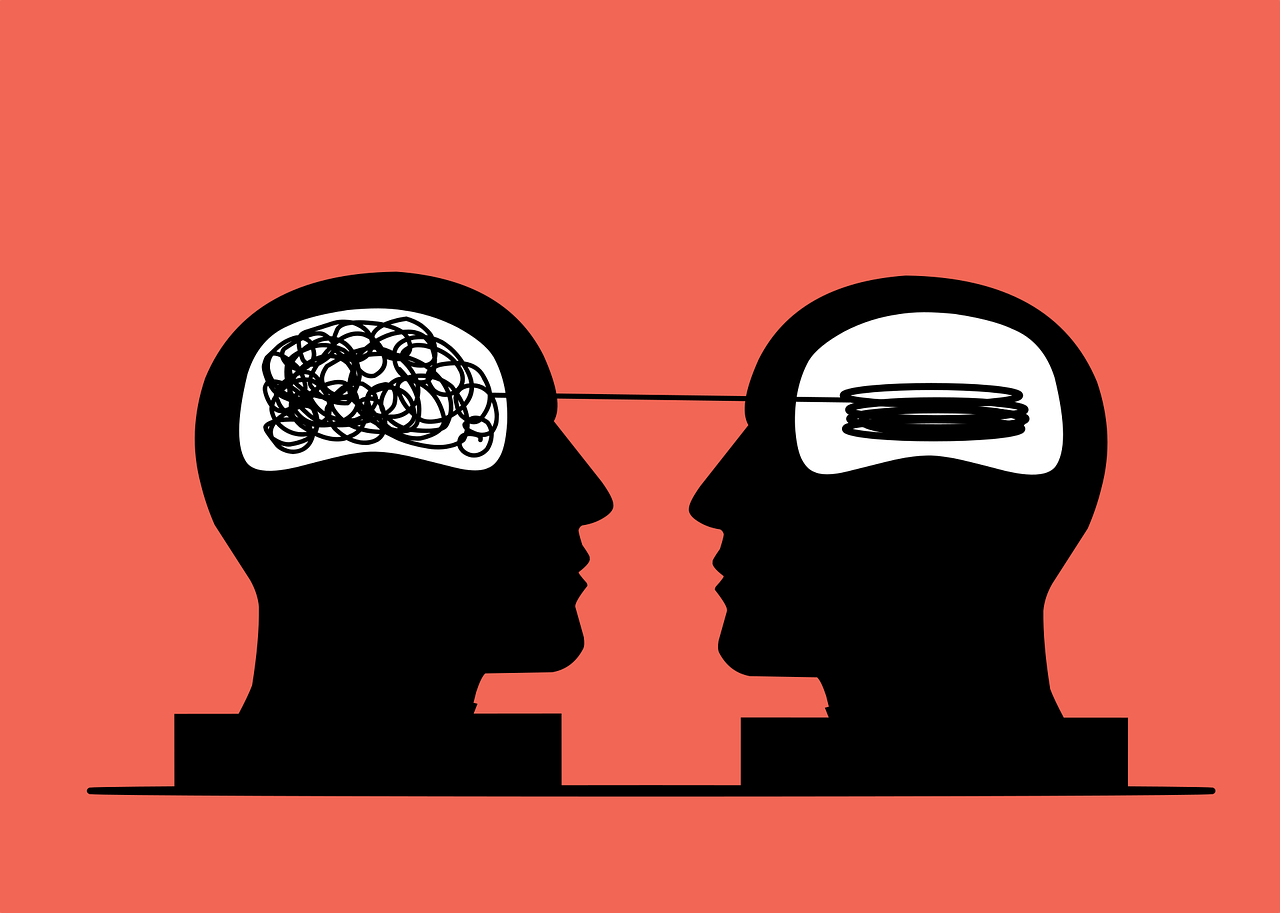When Apple introduced its “Shot on iPhone” campaign, it redefined marketing by celebrating individual creativity instead of merely showcasing a product. This epitomizes human-centered marketing—prioritizing customers, their emotions, and their experiences.
According to PwC, 73% of consumers consider customer experience crucial in purchase decisions. Yet, only 49% feel brands deliver. The gap? Empathy.
Human-centered marketing is more than clever advertising; it’s about understanding your audience’s fears, desires, and aspirations. Take Dove’s “Real Beauty” campaign. By addressing body positivity and breaking stereotypes, Dove struck a chord with its audience, driving a 200% sales increase in the first year.
Empathy, however, isn’t a one-time tactic—it’s a long-term strategy rooted in listening. Tools like real-time feedback, user-generated content, and social listening empower brands to respond authentically. Salesforce highlights that 84% of customers expect brands to treat them as individuals, not numbers.
Marketing leaders like Gary Vaynerchuk stress the ROI of attention, advocating for personal connections over mass appeal. Similarly, Seth Godin’s concept of permission marketing emphasizes building trust before attempting to sell. Both approaches succeed because they focus on empathy over superficial engagement.
In an era where 58% of consumers are willing to switch brands for superior customer service (Microsoft report), empathy has become an indispensable tool. Beyond transactions, it builds trust, loyalty, and lasting relationships—qualities that set a brand apart in today’s competitive landscape.
To thrive in the age of empowered consumers, marketers must make empathy their cornerstone. It’s not just the right thing to do—it’s the smartest business move you can make.
